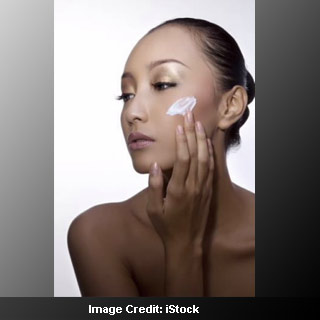
Most skin whitening products probably produce itching, redness, inflammation and other side effects. It is estimated that half the women in Asian countries use skin lightening creams and spend several billion dollars annually. Majority of the products apparently contain toxic mercury, hydroquinone, and other potentially toxic substances that can cause redness, itching, inflammation and other skin problems. Also certain whitening ingredients are believed to raise the risk of skin cancer when used frequently and at high doses.
“Toxic skin whitening creams are a growing threat to women’s health, especially in Asia. We hope that our product will improve lives and provide a safer, more natural way to lighten skin. A cream based on these herbal ingredients could be available on store shelves in as little as a year,” said lead researcher Hui-Min Wang, Ph.D.
In the current study, experts laid hands on a potential alternative in the form of an herbal ‘cure-all’ employed in traditional Chinese medicine in the form of soup or tea. The evergreen bush, Cinnamomum subavenium appears as a close relative of the trees whose inner bark is the source of cinnamon. Two chemicals were segregated from the plants that have the ability to block the enzyme tyrosinase. This enzyme may regulate the synthesis of melanin which is a dark pigment responsible for coloring skin, hair, and eyes. Inhibiting tyrosinase seems to be one of the leading strategies for skin-whitening.
“When we saw the results, we were amazed,” commented Wang, who is with Kaohsiung Medical University in Taiwan. “My first thought was, well, ‘If these herbal whiteners can transform zebrafish embryos from black to white, maybe they can also lighten women’s skin.”
These so-called ‘melanogenesis inhibitors’ were tested on the embryos of zebrafish. The embryos allegedly contain a highly visible band of black pigment. When exposed to low levels of the two chemicals, the embryos supposedly faced a decline in melanin production. This reduction in melanin production may be over 50 percent within just four days as the embryos turn snowy white. The chemicals presumably are 100 times more effective in decreasing melanin pigmentation than the common skin whitening agent’s kojic acid and arbutin that are used in cosmetics for more than 30 years.
The research was presented at the National Meeting and Exposition of the American Chemical Society (ACS).
